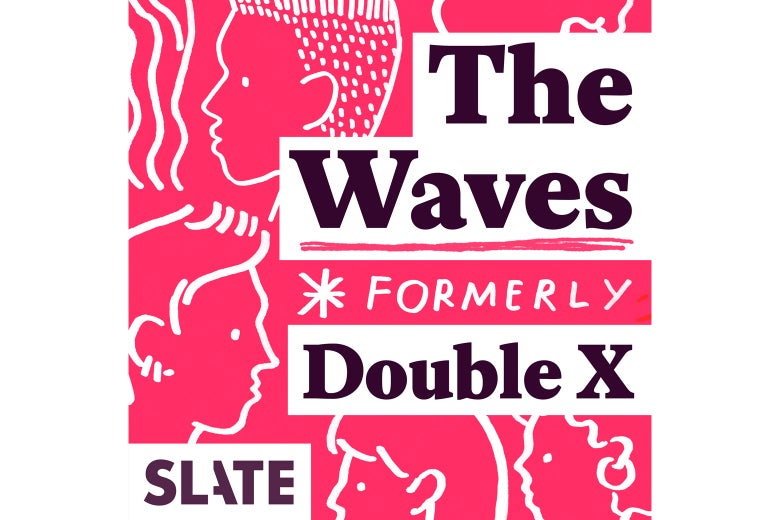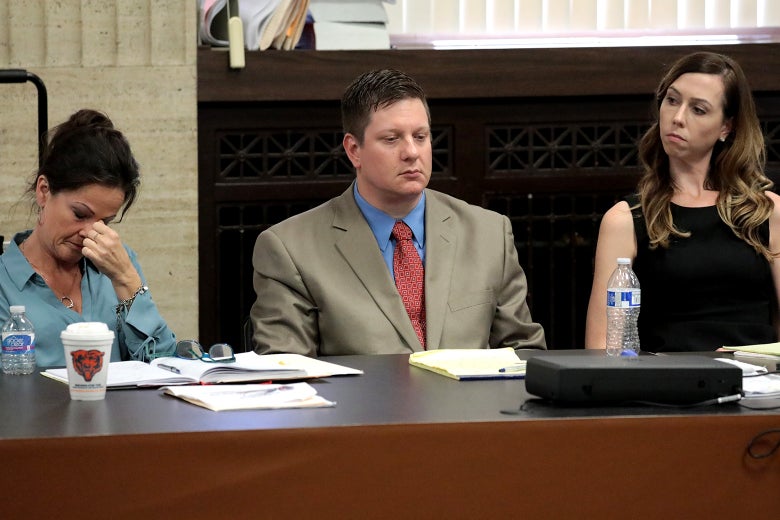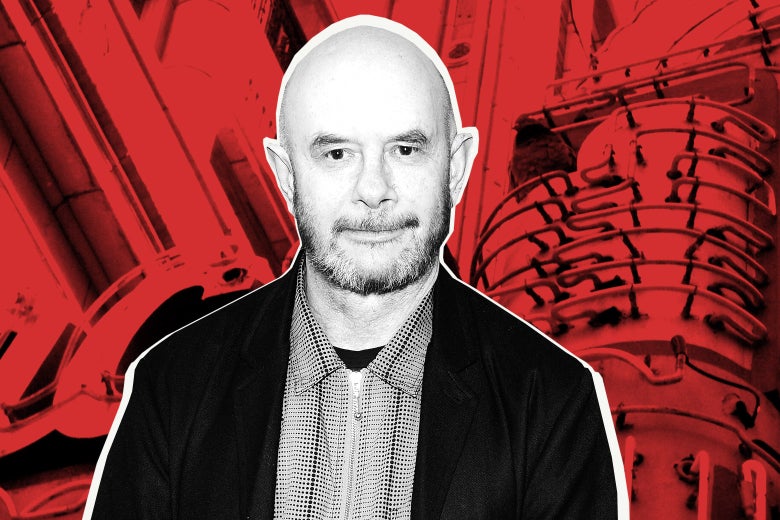It was an ugly rumor that circulated for years, but fans of the great artist were in denial until evidence emerged that seemed impossible to refute. I’m talking about the research that came out last week showing that when Charles Dickens was dumping his wife of a quarter century, the mother of his 10 children, in order to pursue his affair with an 18-year-old actress, he tried to have his spouse shut away in a mental asylum. It wasn’t an uncommon cruelty for men in Victorian England to commit against perfectly sound-minded partners. Dickens only failed in his efforts because the humanitarian-minded doctor friend he approached turned him down. Disgusting as the tale is, it’s hard to believe it will do more than glancing damage to Dickens’ standing. Scholars took decades to come around to the truth about his long-running dalliance with the actress, but once they did, few communities chose to shut down their annual productions of A Christmas Carol. Dickens remains too central to literary culture, while the people he hurt (he was also a crap father) are way back in the 19th-century London fog. None of which makes what nearly befell Catherine Dickens less awful.
For all the emotions and issues that will come up as HBO broadcasts the harrowing Leaving Neverland documentary about Michael Jackson’s alleged child sexual abuse this weekend, it’s a stubborn, inconvenient fact that Jackson was to modern popular music and dance what Dickens was to the Victorian novel—a parallel you’ll find strange only if you don’t care for modern pop music. Thriller continues today to be the best-selling album of all time around the world, and estimates of between 66 million and 100 million copies sold don’t account for the unimaginable numbers of cassette-taped and file-traded versions in people’s collections, from Boston to Botswana. Nearly a decade after his death, there are weeks when half the acts on the Billboard chart sound like they’re doing MJ imitations. In terms of global reach, recognition, and influence, no one but the Beatles and Elvis can compare. And John Lennon physically assaulted his first wife, and almost beat a man to death for suggesting he was gay. Elvis started dating his wife-to-be when Priscilla Ann Wagner was 14 and he was 24.
I’m not raising these cases to excuse Jackson of the horrifying allegations that are made against him in the documentary, not to mention the charges he evaded in court during his life. The stories of the two alleged abuse survivors in the film are extremely detailed and convincing. They’re especially disturbing if, like me and many others, you once performed Olympian mental gymnastics to sustain some faith in Jackson’s relative innocence.
There are points where the apparently irresistible force of moral outrage runs into immovable objects of cultural history.
Still, I put Jackson alongside the likes of Lennon and Dickens to point out that some cases test the limits of righteous dismissal. It can feel like swift and satisfying justice when people on social media reacting to reports of bigotry or abuse, for instance, declare the accused “canceled”—persona non grata, never to be spoken of again except to mete out further censure. But to embezzle a phrase from the 2008 financial crisis, are some figures too big to cancel? Too consequential to write out of the record, especially when they’re deceased, and beyond any effective sanction? When I mentioned to a friend that I was writing this piece, she remarked, “I’ll cope with Michael Jackson when I’m finished processing Charlie Chaplin.” Which, her tone implied, might be never.
Alternatively, you may call to mind Miles Davis. Or James Brown. (Bill Cosby, though still living, might also stalk your thoughts, but while his was a watershed career, I suspect his comedy relied too heavily on personal likability for it to rebound from all the repellant revelations.) Not to mention the groundbreaking white feminist writers who were nonetheless racists, such as the eugenicist Charlotte Perkins Gilman, or Virginia Woolf, whose record is marred by early anti-Semitism.
It’s one thing to blacklist the music of someone like R. Kelly. He’s alive, and so far unpunished for his alleged multitudes of crimes. It’s necessary to undo the complicity that so much of the music industry and the media indulged him with for so long. But additionally, while his music loomed large in 1990s and 2000s R&B, it’s in the end not indispensable. I don’t mean that Jackson or the Beatles get a magic “genius” pass—that title, so freighted with Great Man archetypes, obscures more than it illuminates. At best, it should be used to describe the momentary visitations of the sublime that arise in a particular creative act, not as a label affixed permanently to a person, removing them to an untouchable sphere. Still, there are points where the apparently irresistible force of moral outrage runs into immovable objects of cultural history.
There are plenty of Jackson songs that will feel radioactive from now on. All the ones with children’s choirs. Certainly “The Lost Children” and “Do You Know Where Your Children Are,” which now sound like Jackson accusing society at large of the very sins he was committing, as if he couldn’t get them off his mind. As my colleague Jack Hamilton points out, Jackson’s fixation on children was all over his work. But not so much on the stuff that really counted. And all the grandiose paranoia and defensiveness that riddled his songs in the 1990s might sound excruciating now, if the persecution Jackson was railing against was simply justice. But a lot of it sounded painful in the first place. While fans can make persuasive arguments for some of those later songs and albums, such as Dangerous and HIStory, that’s not the Michael Jackson who changed the musical world, the Jackson of “I Want You Back” and “Rock With You” and “Billie Jean.” I’d similarly be happy never again to hear the Beatles’ “Run for Your Life,” in which Lennon threatens to kill a woman if she cheats on him. Likewise, knowing what we do about Chuck Berry’s sexual transgressions, we can do fine without “Sweet Little Sixteen” and, for all our sakes, “My Ding-a-Ling.” But pretending to throw that foundational performer and songwriter’s work as a whole into the landfill would be an empty rhetorical flourish—if American music matters to you, it’s not a genuine option.
Obviously, individuals can and should make their own calls. When Hannah Gadsby declared in her Nanette Netflix special that she was done with Picasso and his misogyny forever, I had no objection, save that I felt like the culture in general had kind of decided that about Picasso a while ago (though I confess I’m keeping the Guernica). I also sympathize when anyone exasperated by the parade of offensive straight male notables decides to concentrate their attention instead on the huge numbers of brilliant non-male, non-straight artists who’ve been denied the spotlight. That’s a needed correction no matter what. (The finest essay wrestling intimately with these issues is Claire Dederer’s 2017 “What Do We Do With the Art of Monstrous Men?” She’s expanding it into what should be a crucial book.)
There are immediate practical questions. Music often invades our ears in public, uninvited. In the near future, Jackson’s songs shouldn’t be played on the radio or in any other way that might cause people who’ve been abused to encounter his music against their will. Their potential trauma outweighs any other consideration, at least for a while. Hell, I don’t want to hear that music anytime soon myself, though I bet I will.
Ultimately, though, Michael Jackson won’t disappear. Which means we’ll continue to reckon with how to think about him, and our own moral instincts. How do we hold in our minds simultaneously that Jackson allegedly did reprehensible things to small children and that he also brought widespread joy and changed the sound of global pop? Neither fact alters the other. Any desire I once might have had to minimize the alleged crimes has been wrung out of me. But as it distorts reality to designate people geniuses—as if that legitimizes everything about them—we should hesitate to call people monsters. That’s succumbing to the opposite fantasy: that a person who’s done despicable things is purely a vehicle for those acts, consumed by malevolence, and corrupt and inauthentic in all other respects. This dehumanization protects us from fearing that we have anything in common with them, or bothering to understand them any further.
The cultural compulsion to set artists and celebrities up as gods and heroes, and to want desperately to maintain that illusion, isn’t cured when one or many are finally ejected from the pantheon.
The London-based criminologist and psychologist Julia Shaw published a book this month called Evil: The Science Behind Humanity’s Dark Side, in which she advocates that we collectively stop using the word evil itself. It halts the conversation, she proposes, exactly where it should begin. She’s not making a case for moral relativism. Rather, she argues that dark urges are far more universal than we admit, while extreme manifestations are rarer than our media-fevered brains imagine. Most murders, for example, are the one-time results of conflicts that spin out of control, not the handiwork of devoted killers, and most murderers immediately regret it. In her chapter specifically about pedophilia, she discusses how the taboos around facing or addressing the disorder—one survey discovered that some impulses in that direction can be found in up to 6 percent of men and 2 percent of women—make it almost impossible for those who have it to seek treatment, lest they be arrested for the mere admission. This paradox makes it more likely that actual children will be abused. And still, most who feel those attractions never do act on them, because they remain human beings who realize it’s wrong. Not monsters.
I cannot speculate on how Michael Jackson might have struggled with the man in the mirror, though one wonders whether any of his managers, friends, or family ever hazarded speaking with him honestly about his alleged problems instead of automatically bolstering his denials. Frankly, I’m nervous even passing along Shaw’s research, lest you make the wrong inferences about me—which is another of the syndromes around “evil” that she identifies, that anyone daring to bring up such toxic subjects risks being stigmatized themselves. But I think that there are corresponding self-defeating patterns in how we confront these figures in our culture. It’s vital that someone like R. Kelly, again, is being charged and will hopefully be prosecuted for the years of abuse he’s allegedly perpetrated against young women. But it doesn’t fix what allowed Kelly to carry on for so long. The cultural compulsion to set artists and celebrities up as gods and heroes, and then desperately defend those illusions, isn’t cured when one or many are finally ejected from the pantheon. I can’t watch Leaving Neverland and not think about that.
Listening to the families’ stories, I noticed how as soon as they came into Jackson’s orbit, everything became kind of dreamlike and unreal. It’s easy to condemn the parents who failed to protect their children from the star, and even facilitated the relationships. But it seems normal to me. Have you had a period when you suddenly fell in with the cool crowd, or even one person who was glamorous to you? Such magnetism can blind and derange. Perhaps when you look back you also feel guilty about what you did under that sway, whether it was being neglectful of other friends and family or taking part in something dumb and self-destructive because the pretty people were doing it, telling yourself it was fine.
Stardom, that atrocity waiting to happen, is what the machinery of this culture is geared to produce, more so than any particular artwork or entertainment.
These boundaries are far more unstable for children. What unsettles me in hearing Leaving Neverland’s two alleged survivors, now grown men, is that despite everything twisted about it, they’re each telling a love story. It’s why it took them so long to admit the truth to themselves—not until after Jackson’s death—and why they even testified falsely in his defense. Referring to the 2005 trial, Wade Robson’s wife says in the film, “Love is so powerful.”
These families’ stories reflect the whole culture’s relationship with stars, and their relationships with us—stories of idolization and exploitation, of projection and possession, of opportunism and rationalization. And of the wreckage left behind. When you love a star, inherently you’re loving a person who doesn’t exist, a figment of image creation and your own manipulated yearnings. In Jackson’s case, that goes double. He seemed so dissociated in the ways he presented himself through the last half of his life that it’s hard to guess how much of reality he was experiencing. Was he a person who didn’t exist even for himself?
If there’s anything Leaving Neverland makes me want to get rid of entirely, it is child stardom, which mangled this man’s psyche and went on to be a lure for the children and families who attached themselves to him. I could wish the same about stardom in general, but that would be another rhetorical flourish. Stardom, that atrocity waiting to happen, is what the machinery of this culture is geared to produce, more so than any particular artwork or entertainment. It is beyond the control of any of us, performer or fan, sinner or saint. Though if there are any, I’d guess the saints have better things to do.

























